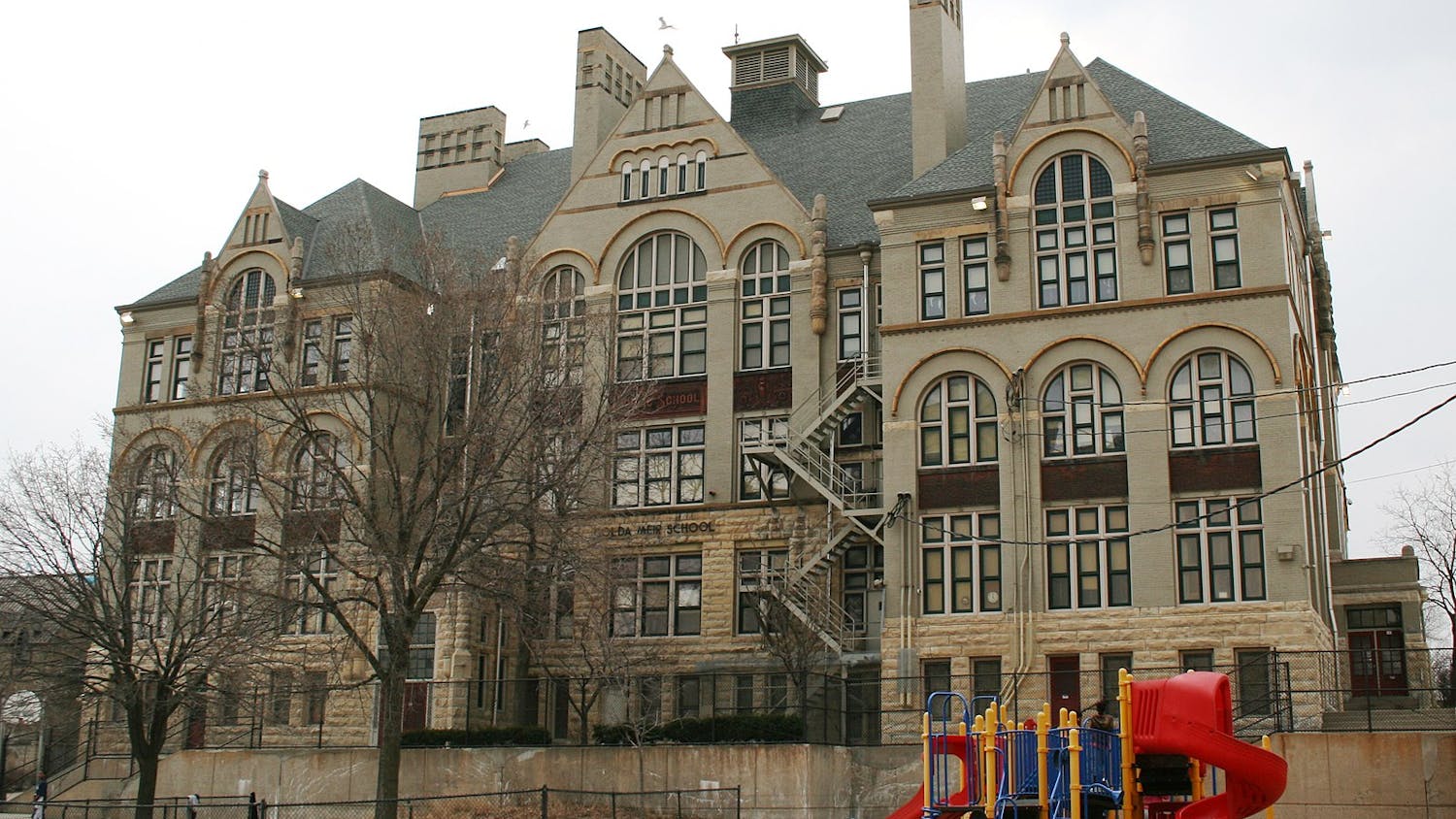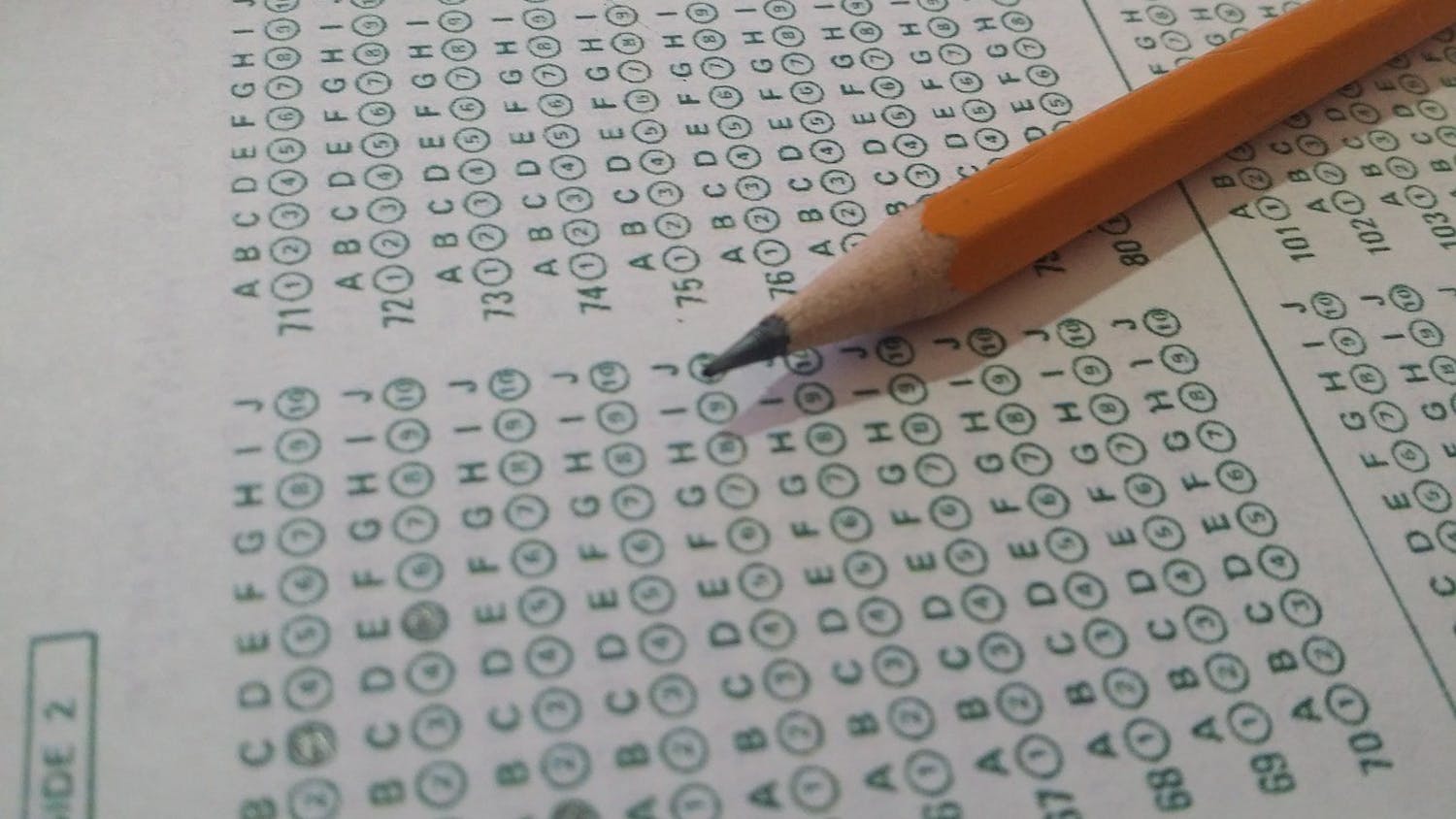With a new semester commencing, the prospect of new professors evokes excitement in some and anxiousness in others.
As undergrads take to ratemyprofessor.com, peers and friends for any information on their new teachers, students seem to fit professors into one of three categories: good, bad or somewhere vaguely in between. In the process of evaluating a professor’s performance, students decide if and when to share that feedback with them.
It can be difficult for students to believe confronting these well-renowned experts’ teaching performances — outside of an anonymous course evaluation — is a good idea.
“With respect to school and professors there’s a power dynamic. Yes, you can stand up and voice your opinions but they’re still your superior,” UW-Madison senior Haleigh Slack said. “It’s that respect thing that’s ingrained in us, so if we confront them it feels like we’re breaking the rules.”
Giving feedback
Students react to problematic professors in a multitude of ways. Some express their feelings during course evaluation season, others vent to friends or online.
Overall, instead of addressing the problem head-on, students tend to prefer alternate ways of dealing with professor dissatisfaction.
“I wouldn’t confront a professor unless I absolutely had to,” UW-Madison junior Trent Hopkins said. “If they were really really bad I would go to the department head instead of the professor.”
Confrontation of any kind, let alone the kind within a teacher-student power dynamic, can be inherently difficult.
“Confrontation is harder when it’s someone I’m trying to impress or someone who knows more than I do,” UW-Madison freshman Nina Breher stated. “Why do I have the right to confront them when they’re more knowledgeable?”
While many students delay filling out survey after survey at the end of the semester, these course evaluations are a long-standing way for professors to acquire student feedback.
“The intention is to be able to get feedback from students to help improve teaching and learning,” said Mo Bischof, UW-Madison’s student learning assessment director. “[This] information from students about the overall courses is always helpful in restructuring and offering courses for students.”
Evaluation surveys can influence tenure decisions and provide opportunities for professors to be nominated for awards. Though there tends to be a “heavy season” with surveys at the end of a semester, Bischof added that tools are available to professors for feedback all throughout the semester.
“I think a good pedagogical teaching practice is to be asking students how it’s going all the time, whether that’s a formal course evaluation or not,” Bischof said.
However, this requires students to believe their feedback can lead to changes.
Breher described herself as generally non-confrontational, but that she would consider speaking directly to a professor in the future if she thought it would make a difference.
“I can’t think of many conversations where me confronting [a professor] would actually help or change anything,” she said.
There are circumstances in which professors go out of their way to get feedback, Slack countered, describing a professor who met one-on-one with each student to determine grades and course improvements.
“I think that was a unique circumstance because she sat us down and made it a point to know all of us,” she said. “That was really scary and I didn’t give her a lot of harsh feedback, but I did say that my view [of her] changed,” she said.
As an education major herself, Slack explained that being open to criticism and change are key pieces to being a good teacher.
Common complaints, implementing improvements
Course evaluations offer a sense of what students experience in the classroom and feedback is taken seriously — especially when there is a set of consistent concerns, according to Professor and Political Science Department Head John Zumbrunnen.
The most common trends tend to be a lack of professor’s accessibility and approachability, he added.
On the other hand, many students additionally shared a frequent issue with professors — focus on research rather than teaching.
“They’re all insanely smart in their subject but you can a lot of the time tell they were hired to do research, not to teach,” Hopkins said. “The more specialized professors are probably doing some groundbreaking research and I think maybe teaching sometimes doesn’t get their full attention and isn’t as strong as it could be.”
Zumbrunnen explained this could be due to a lack of training — not lack of caring.
“Most UW faculty care a lot about teaching and their students,” he said. “One of the challenges for most of us faculty members is we were trained in our fields to be experts and top researchers, but many of us were not trained at all to be teachers.”
Professors do not go through the same formal teaching training as K-12 teachers. As a result, they may structure their teaching after their own favorite teachers or how they themselves learned as students.
“Sometimes that works really well and other times it can be improved on,” Zumbrunnen added.
UW-Madison offers plenty of resources for professors looking to improve, through teaching and learning professional development.
“We try to engage faculty in [this], not necessarily because they aren’t doing as well, but for all kinds of reasons to support students,” Bischof said.
Some of these resources are guidance on specific classroom-related skills — like improving discussions or the structure and grading of writing assignments.
Zumbrunnen said he’s taken advantage of the university’s recent focus on professional development and believes that these opportunities should be capitalized on by UW’s faculty.
“It was learning things that K through 12 educators are taught when they’re earning a degree in education but, as a faculty member, it was new for me,” Zumbrunnen said. “Fifteen years into teaching college I was learning about some of the fundamentals of good instructional design and good classroom teaching.”
Not only does continuous development of teaching skills help professors, but it can also gain students’ respect.
“Recognizing that they can learn about teaching more and become better teachers themselves would also help students a lot,” Slack said.
The key: positive student-teacher relationships
Zumbrunnen explained that while general teaching and content is important, since students engage with content differently, the best learning occurs when there is a good relationship between students and professors.
“Building relationships with students — and this circles back to taking student feedback seriously — where there’s enough trust there that they can provide you meaningful feedback I think is incredibly important,” Zumbrunnen said.
Hopkins, Breher and Slack all agreed that the professors who had the most impact tend to be the ones who make a personal connection with their students.
“For my professors to be good teachers I think they need to open themselves up more and try to form personal connections,” Slack said.
Since UW-Madison classes tend to be big — especially for intro-level courses — it can not only be intimidating for students to speak directly with their professors, but it takes extra effort for professors and students to develop a relationship that facilitates open feedback, she added.
Ultimately, good teachers and good relationships with those teachers can prove to be greatly advantageous for all parties involved.
“The better we understand who our students are, in a broad sense, the better we will be able to work with them so that everybody benefits” Zumbrunnen said.






